
Building https://t.co/Kow55gDNP9 — A private book club of 20,000+ readers dedicated to the study of the Western canon.
22 subscribers
How to get URL link on X (Twitter) App

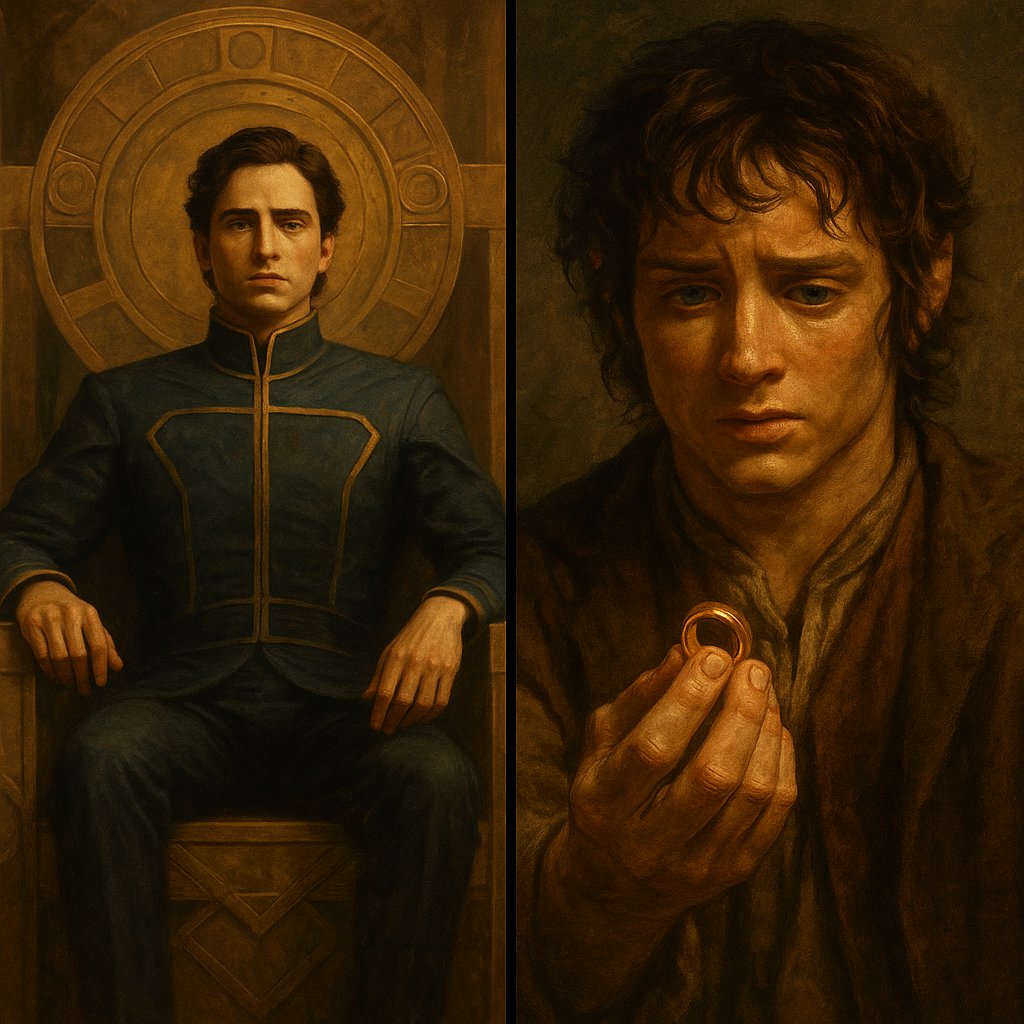
 At the heart of The Lord of the Rings is a very simple idea:
At the heart of The Lord of the Rings is a very simple idea:

 Dante begins Inferno with one of the most famous lines in literature:
Dante begins Inferno with one of the most famous lines in literature:
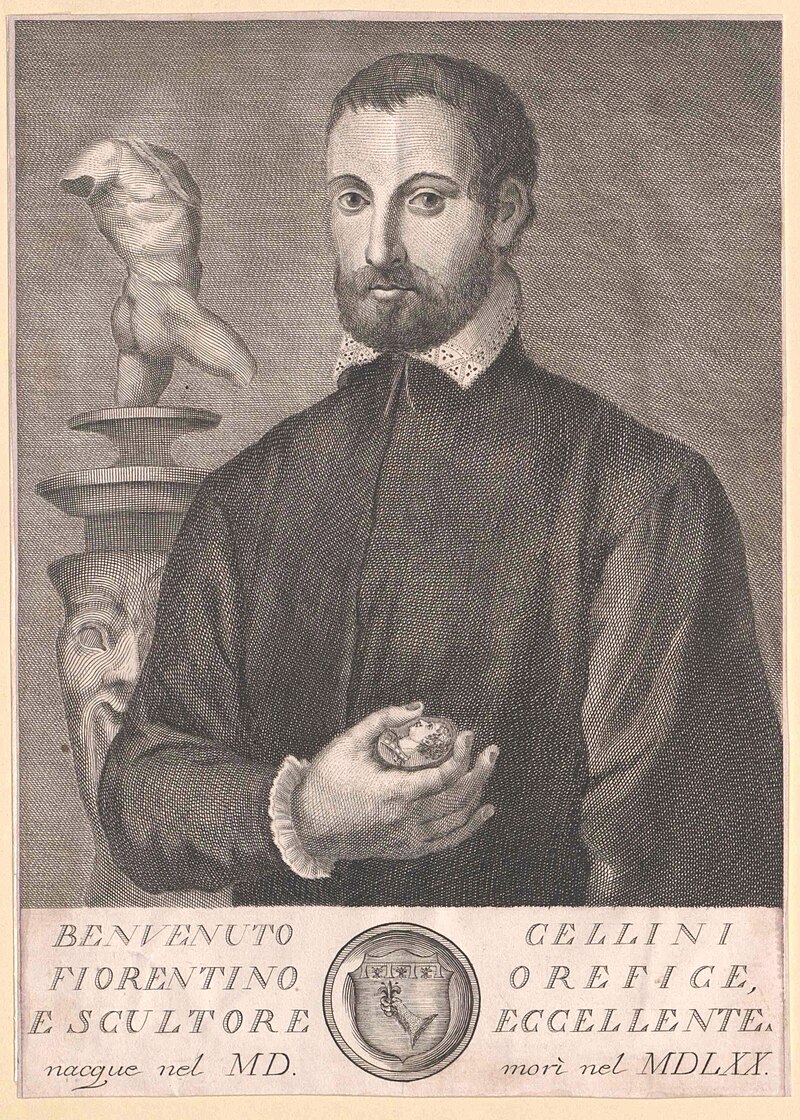
 He was born in Florence in 1500.
He was born in Florence in 1500.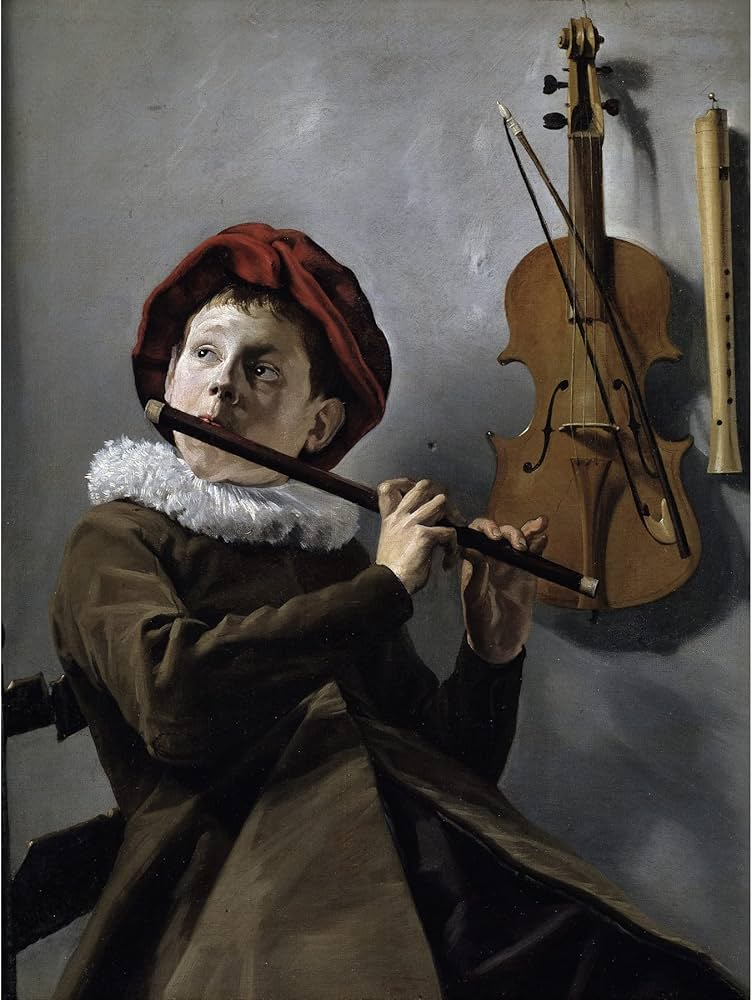

 He was born Michelangelo Merisi on September 29, 1571, in a town called Caravaggio, near Milan.
He was born Michelangelo Merisi on September 29, 1571, in a town called Caravaggio, near Milan.
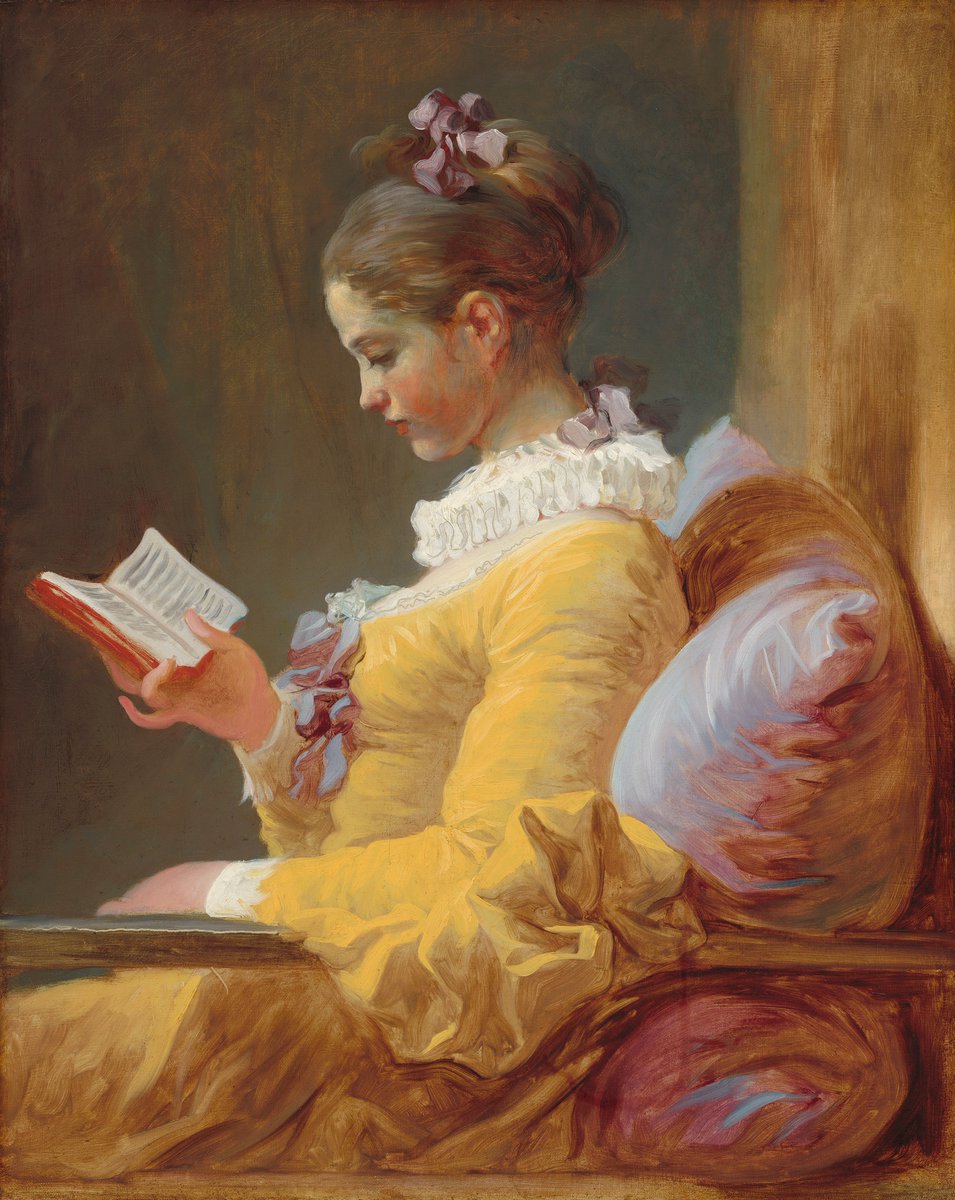
 1. Pride and Prejudice – Jane Austen
1. Pride and Prejudice – Jane Austen
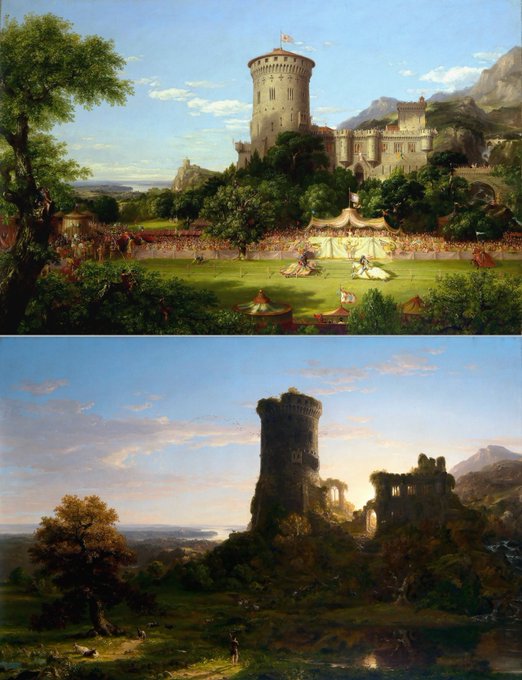
 Thomas Cole didn’t start as a painter.
Thomas Cole didn’t start as a painter.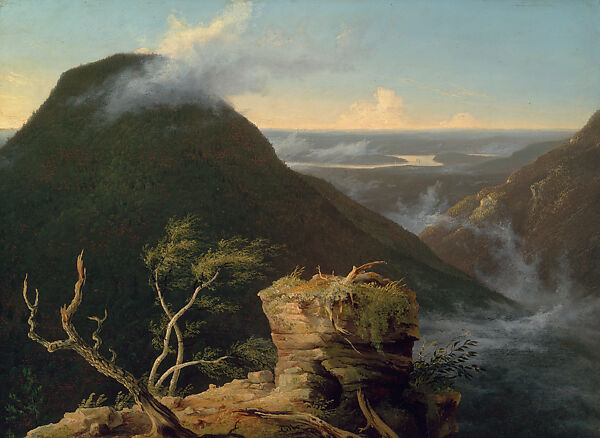
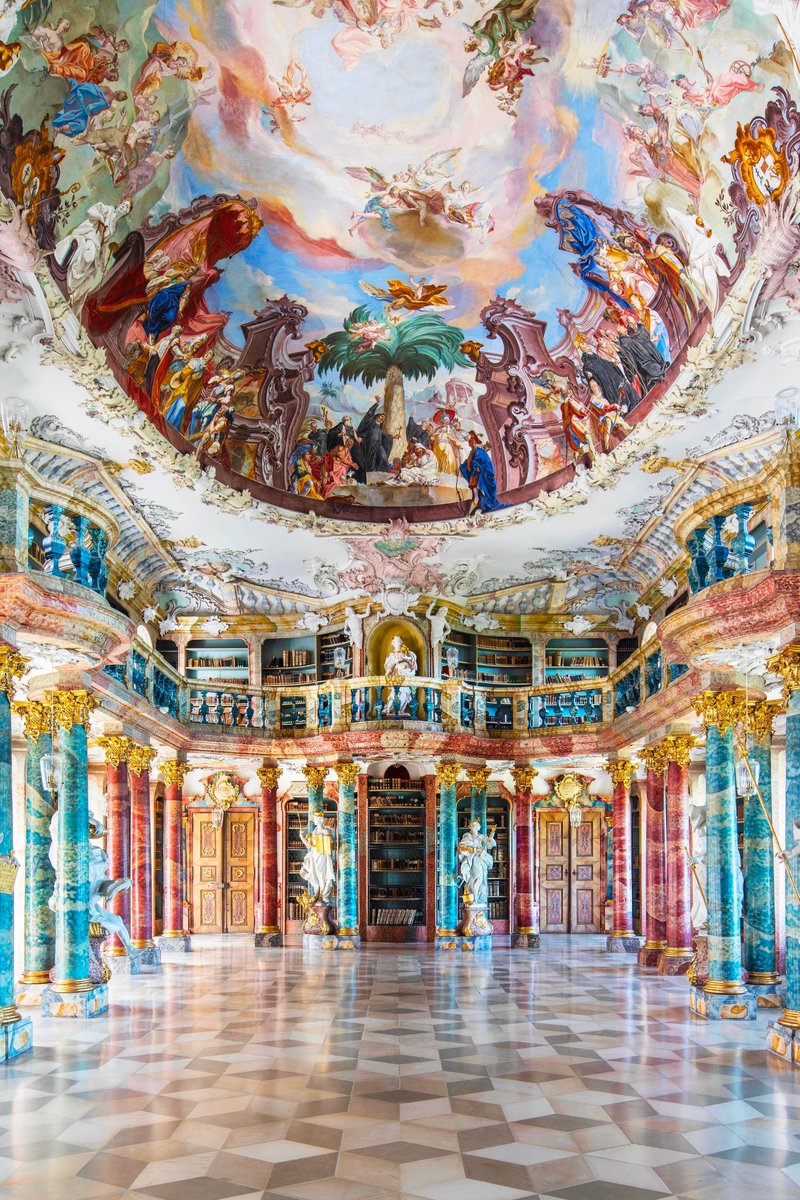
 1. The Iliad - Homer
1. The Iliad - Homer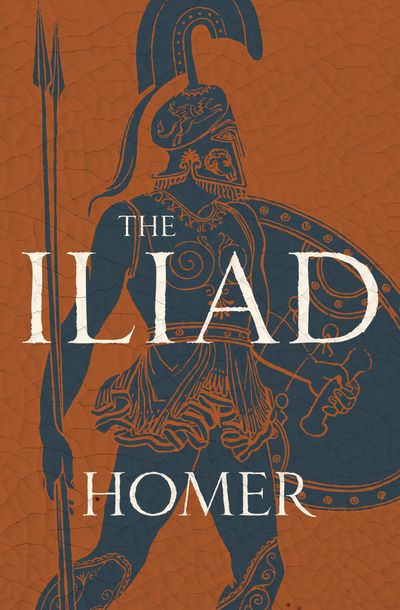

 The Athenaeum is a private book club my business partner @theculturist_ and I have been building for months.
The Athenaeum is a private book club my business partner @theculturist_ and I have been building for months.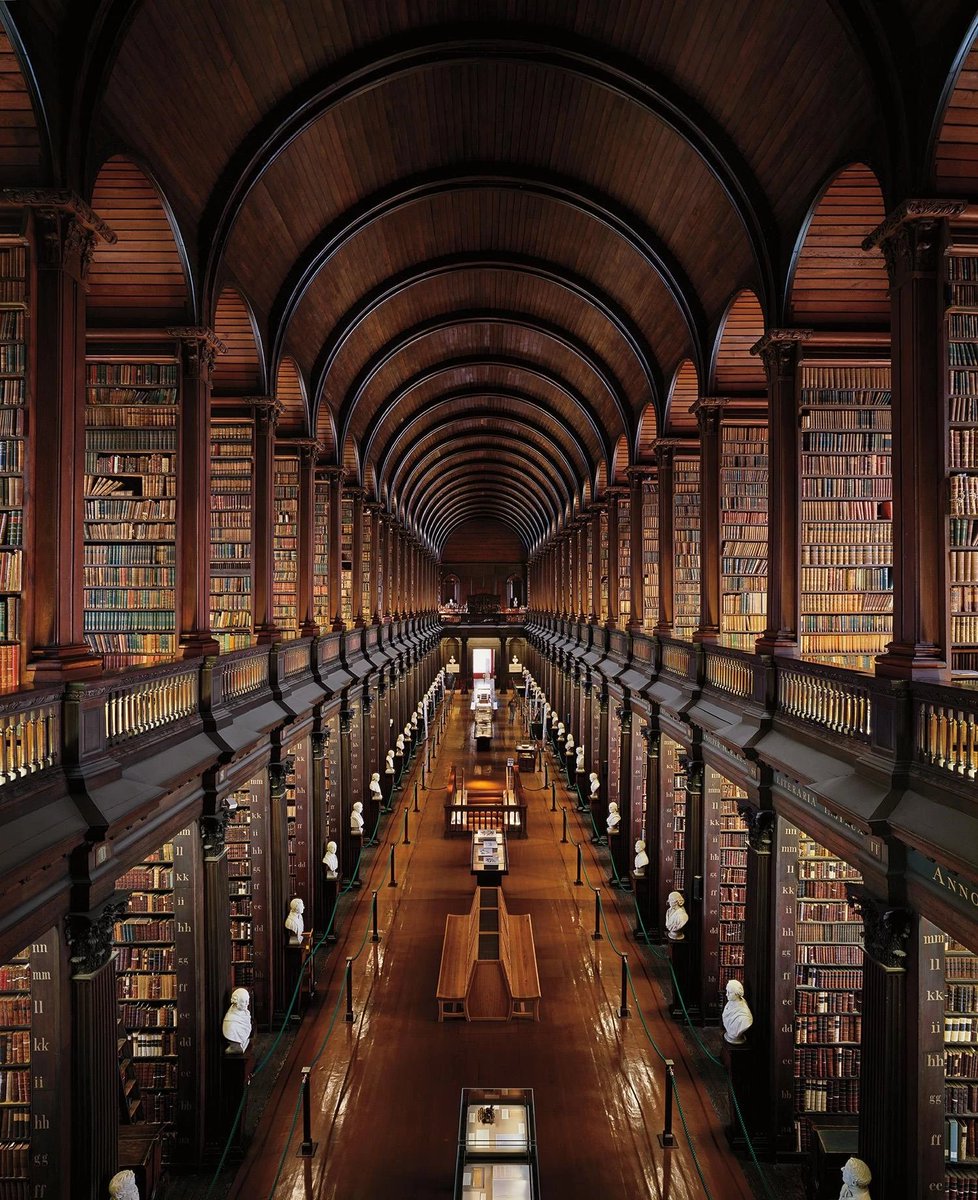
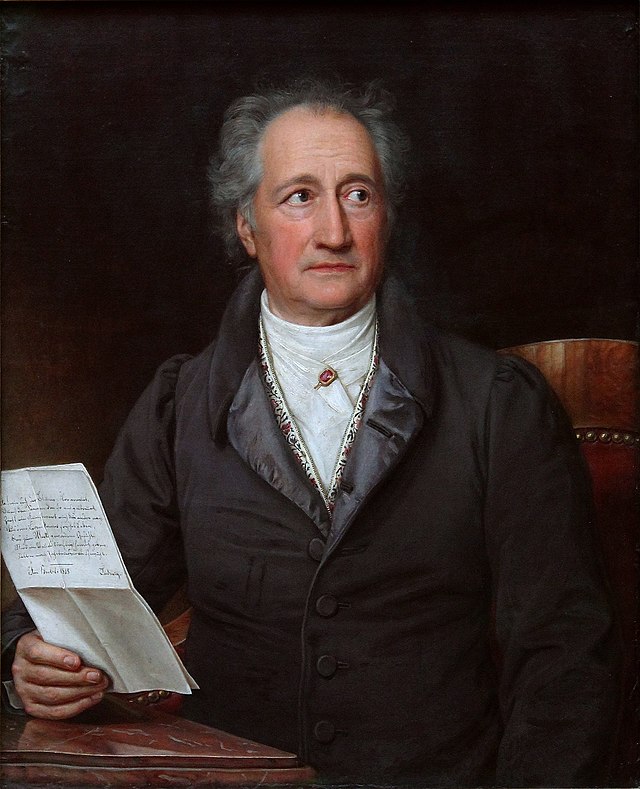
 First, you need to understand Goethe’s mindset.
First, you need to understand Goethe’s mindset. 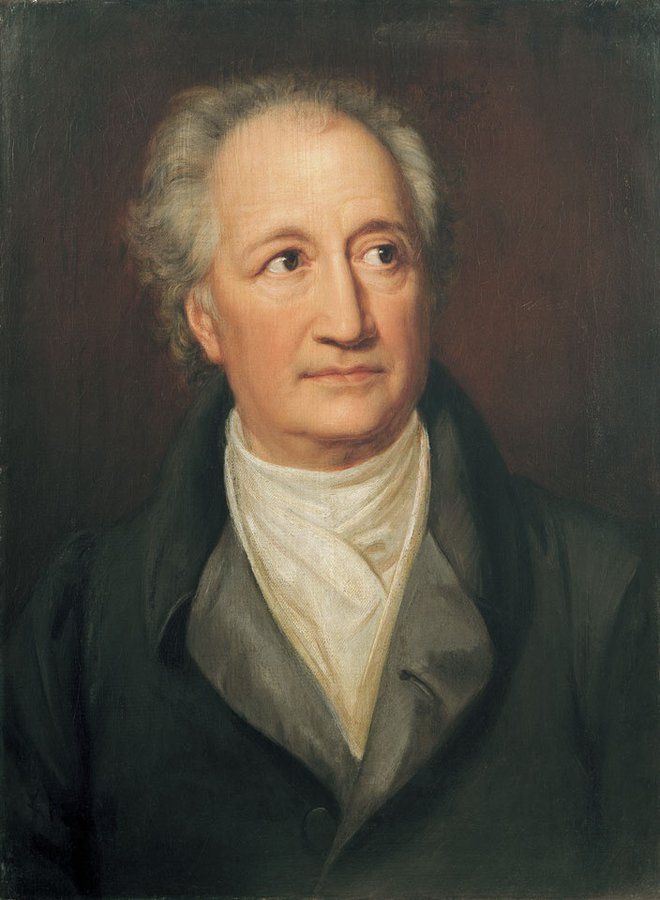

 Oswald Spengler was born in 1880 in Germany.
Oswald Spengler was born in 1880 in Germany.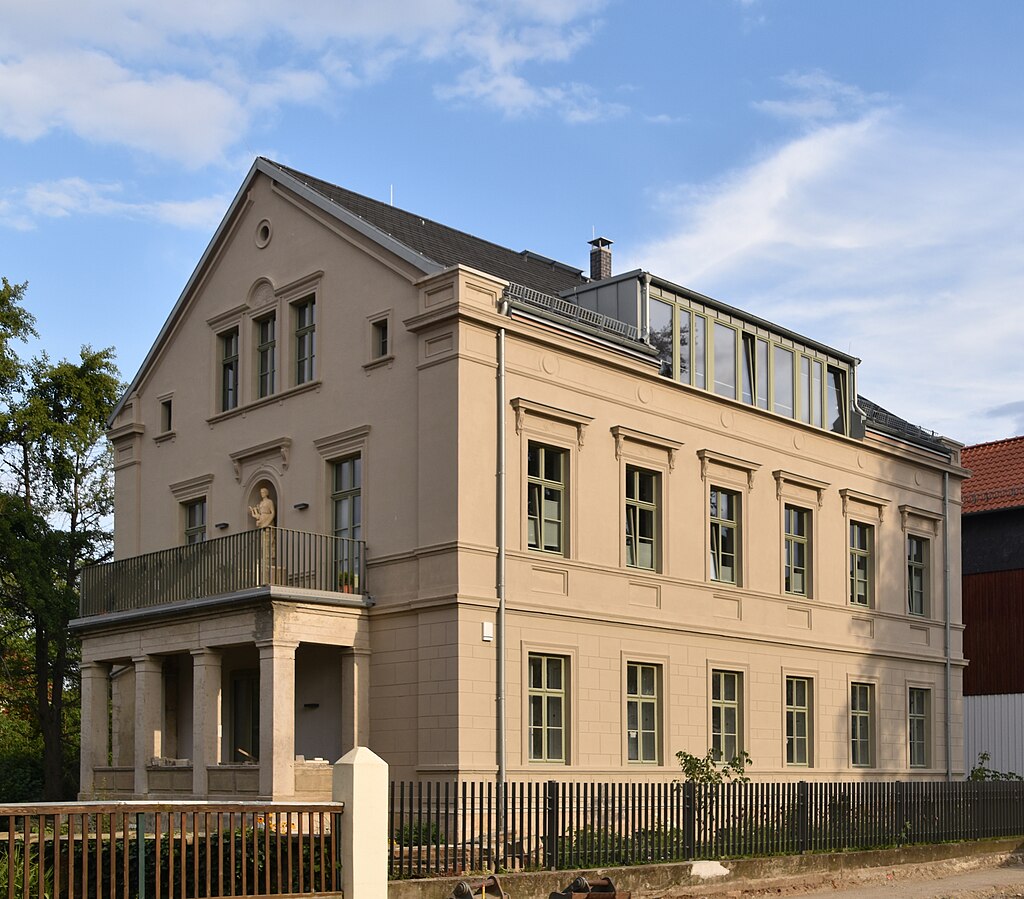
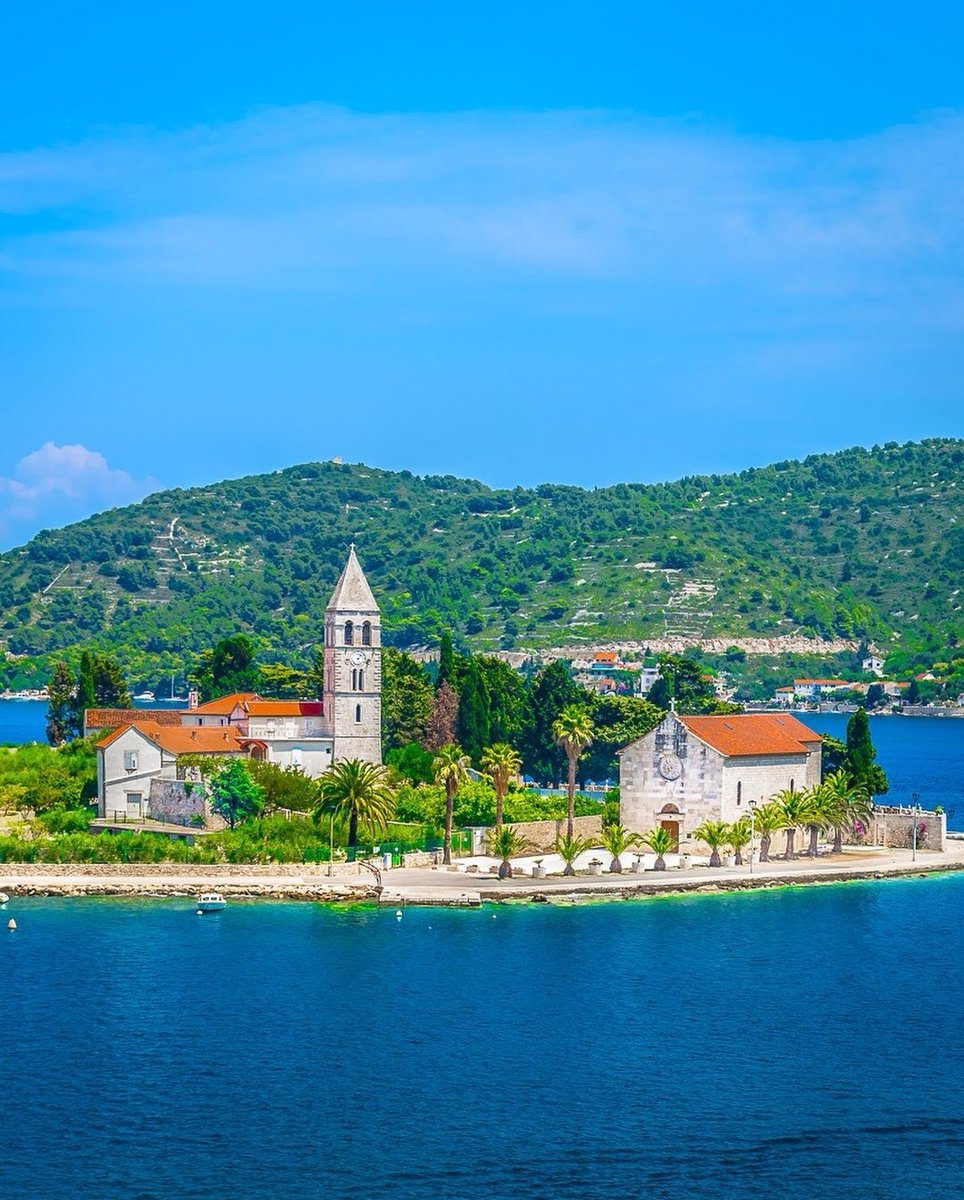
 Vis is the farthest inhabited island off the Croatian coast.
Vis is the farthest inhabited island off the Croatian coast. 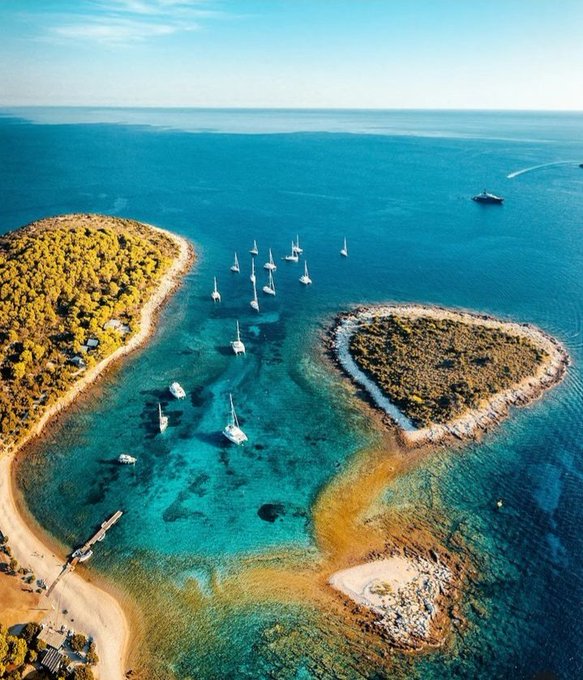

 In 711, the Muslim armies of the Umayyad Caliphate swept through Spain, crushing the Visigothic Kingdom.
In 711, the Muslim armies of the Umayyad Caliphate swept through Spain, crushing the Visigothic Kingdom. 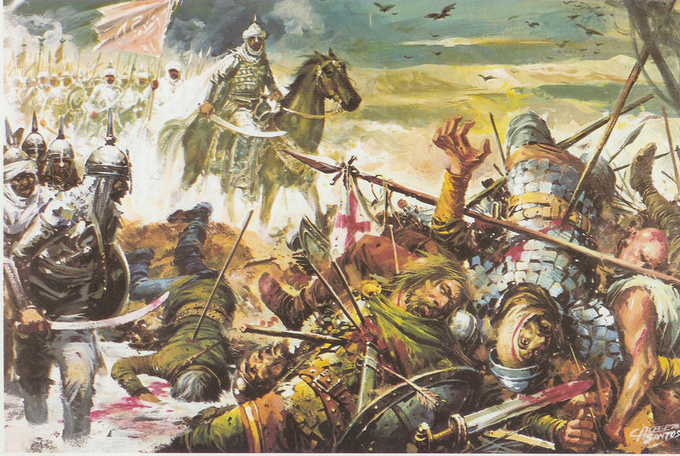

 By the 16th century, the Ottoman Empire ruled the Mediterranean.
By the 16th century, the Ottoman Empire ruled the Mediterranean. 
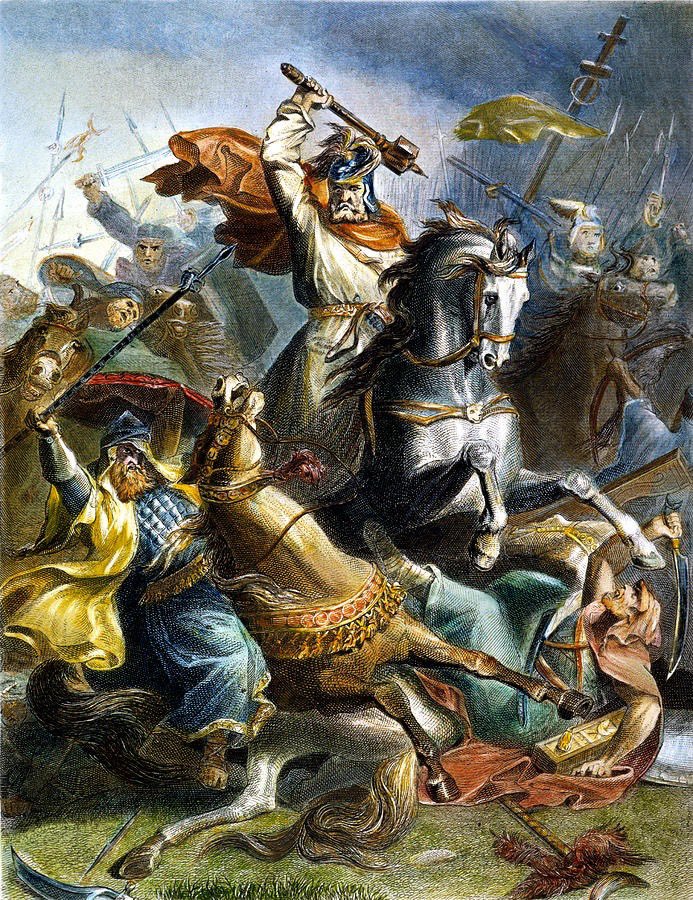
 In 732 AD, a Muslim army from the Umayyad Caliphate invaded the Frankish Kingdom.
In 732 AD, a Muslim army from the Umayyad Caliphate invaded the Frankish Kingdom. 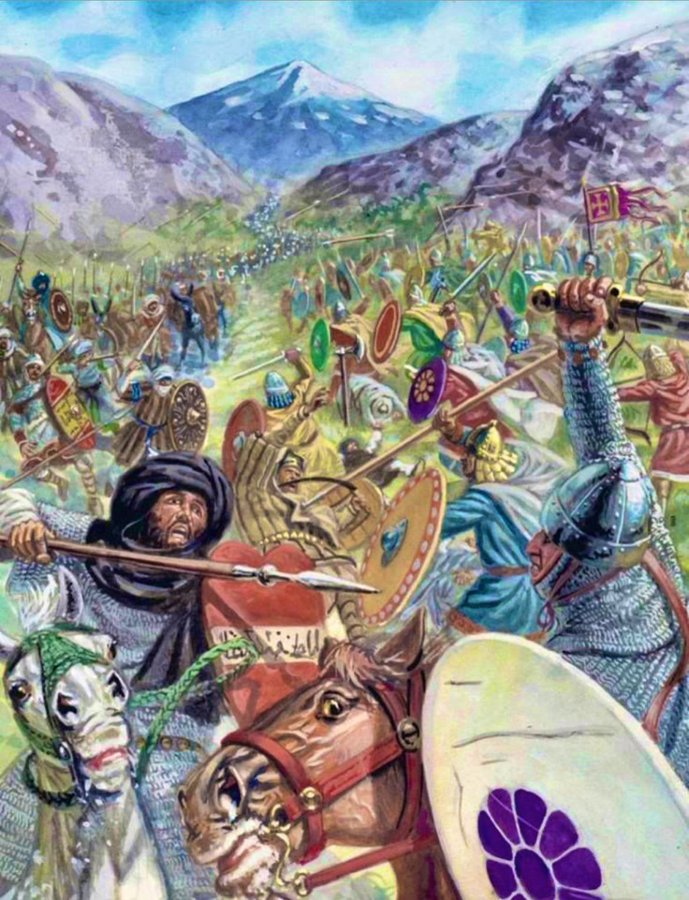

 The year was 1683.
The year was 1683.
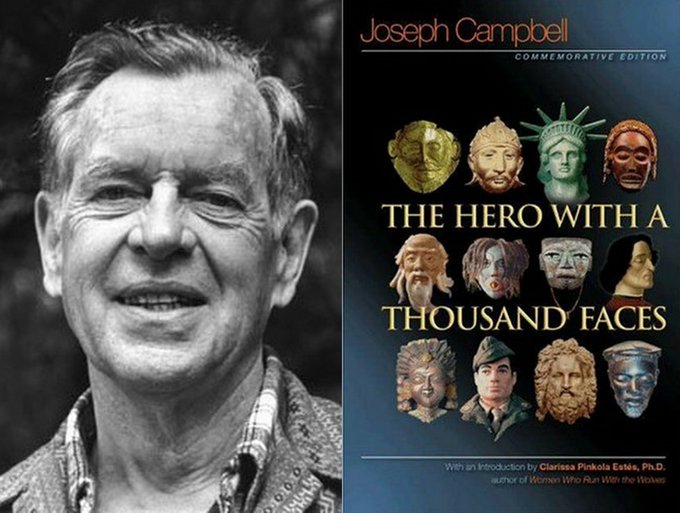
 2/ Every great story is about transformation.
2/ Every great story is about transformation.
 True humility is not thinking less of yourself, but thinking of yourself less.
True humility is not thinking less of yourself, but thinking of yourself less.
 Tradition holds that the Rosary was given to St. Dominic by the Virgin Mary in 1214.
Tradition holds that the Rosary was given to St. Dominic by the Virgin Mary in 1214.

 Venice needed a relic to rival Rome.
Venice needed a relic to rival Rome.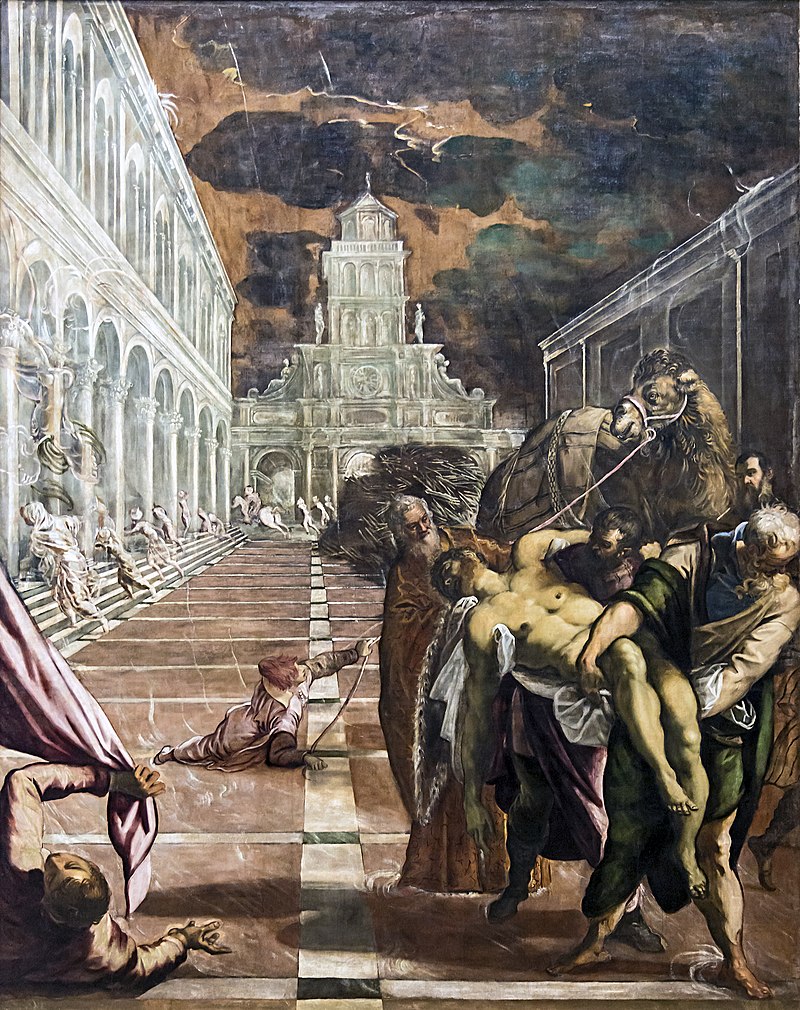

 The site of the basilica is no accident.
The site of the basilica is no accident. 